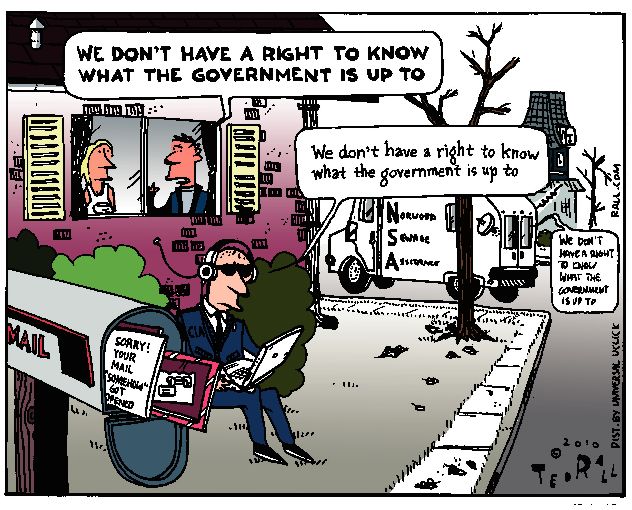Social services on the brink of collapse
POLITICS | Rich Miller

I’ve been saying for the past couple of years that Illinois government is one of the biggest drags on our state’s economy. Now, a new survey shows just how true that is.
The survey was conducted in October and November of this year by Illinois Partners for Human Service (IPHS). It found that almost half – 49 percent – of private human service providers have laid off staff. Why? Because the groups are at least partially funded by the state and the state is a total deadbeat when it comes to paying its bills (see news story, page 9).
The group sent out its survey to 1,000 organizations and 282 replied. And just for those 282 respondents, 1,167 staff had been laid off. Even more frightening, those 282 providers were serving 118,000 fewer clients because of the state’s budget crisis.
Extrapolate those numbers out and the totals are truly gruesome. The survey found that the average human service provider laid off 13 percent of its staff. According to IPHS, there are 400,000 human service workers in Illinois. If those layoff numbers hold up statewide, that’s about 52,000 people. Heck, even if it’s only half that, it’s still 26,000 people without jobs.
Imagine, for a moment, the reaction we’d see if an Illinois company announced it was laying off over 20,000 people. It would be the greatest crisis ever. Except it’s already happened and hardly anybody has noticed because it’s been done in dribs and drabs throughout the state without press releases or fanfare.
Of course, the object of these providers is to provide their clients with services like alcohol and substance abuse treatment, or caring for delinquent teens, or helping single moms find jobs, or the hundreds of other things these groups do to prevent Illinois from spiraling into Third World hell. According to Illinois Partners for Human Service, about 2 million Illinoisans receive services from private providers.
That means we’re looking at hundreds of thousands of people who either cannot get services or are getting reduced services because of the state’s late payments.
The comptroller expects to pay off Fiscal Year 2010’s past-due bills in the coming days because of the tobacco bond proceeds. Fiscal Year 2010 ended last June. And Illinois Statehouse News reported last week that the state has already accumulated $5.3 billion in past-due bills from the current fiscal year, which isn’t even six months old.
Like any business, these service providers crave certainty above all else. But there’s no certainty in this environment. Far from it. Nobody knows when they’re going to get paid or when this will all end.
The larger providers have taken out loans to make payroll and purchase supplies, but even that only lasts so long. Lutheran Social Services of Illinois, one of the largest providers in the state, exhausted its reserves and its credit line just before Thanksgiving because of overdue state bills. Only a late government intervention prevented mass layoffs and program shutdowns.
The smaller providers have no such reserves and can’t tap major lines of credit. These smaller providers reported to IPHS that they’ve even skipped payrolls to avoid layoffs and program closures. But they can only do so much. And even some of the large providers are not sure they can keep going much longer.
For a while, at least, some of the financial strain caused by the state might have weeded out the weaker, or even less committed providers. Some providers have learned to cooperate with each other, rather than compete. They squeezed out the waste and the excess. They learned how to raise more private funds.
But in talking to those left standing, you get the distinct impression that the system is in real danger of collapse. So far, it’s pretty obvious that nobody in Springfield has been willing of late to make the tough choices.
Instead of cutting programs and/or raising taxes, they’ve exported the problem to these providers and other recipients of state money, like schools, local governments, etc. Those recipients have then had to perform a sort of triage at the ground level and then hope for the best. That can only last so long. Triage is for emergencies, not chronic, years-long treatment. By refusing to inject any kind of certainty into the system, the state has created chaos and has endangered its entire network.
We’re spiraling down fast, and it’s our own fault.
Rich Miller publishes Capitol Fax, a daily political newsletter, and thecapitolfaxblog.com.
